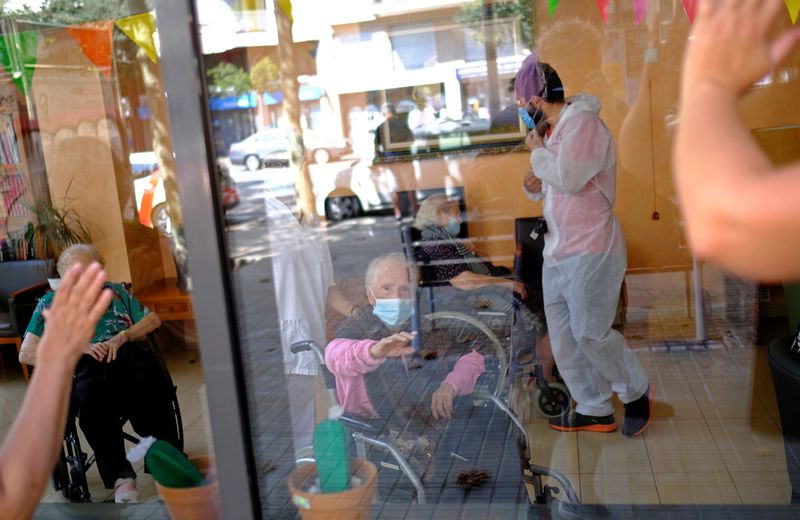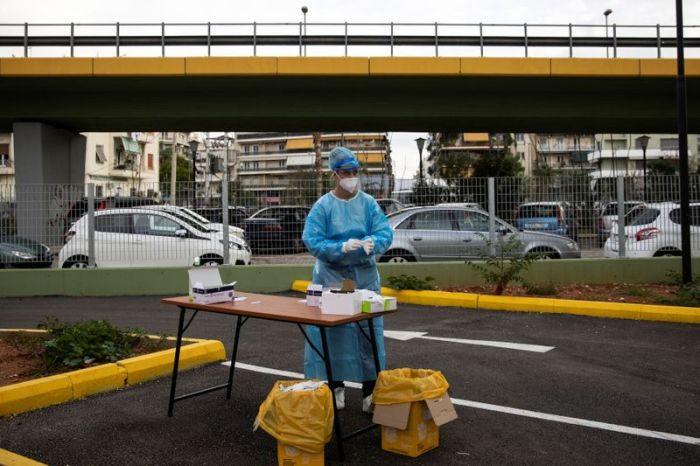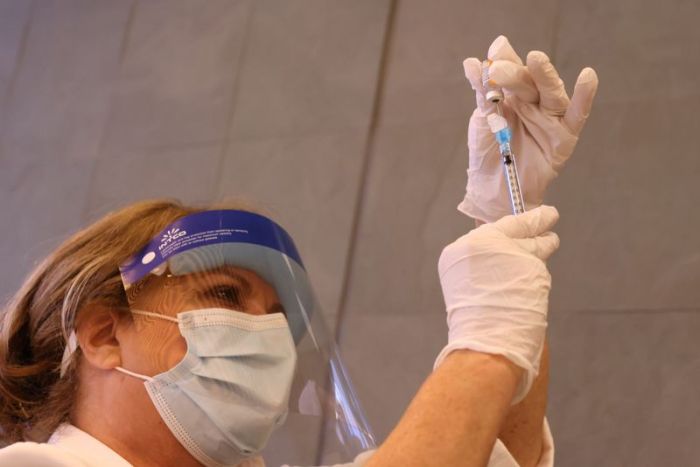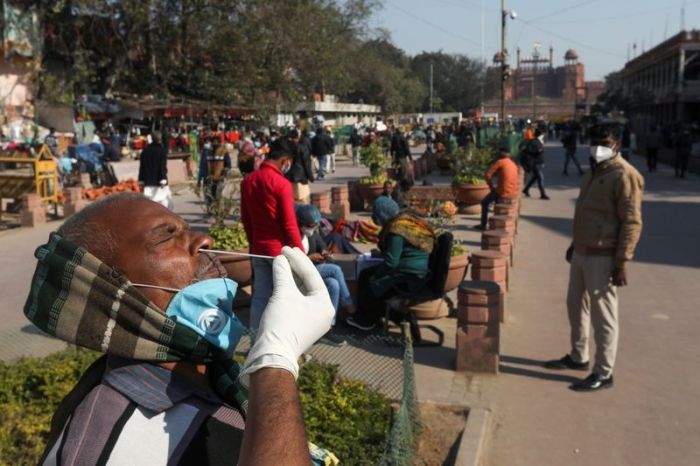MADRID (Reuters) -Spain’s Supreme Court on Friday ordered an investigation into the deaths of elderly nursing home residents during the COVID-19 pandemic as the government warned the nation was facing a possible third wave of infections.
Magistrates were asked to find out if deaths at nursing homes “were associated with political, administrative or management decisions and whether those decisions merit criminal sanctions”.
More than 20,000 people died of COVID-19 or suspected COVID-19 in nursing homes during the first wave in March-May, according to preliminary official data reported by El Pais newspaper and broadcaster RTVE.
The court also asked lower courts to look into the possible misuse of public funds to buy flawed or fraudulent medical equipment.
Spain has been one of Europe’s hardest-hit countries in the pandemic. The death toll climbed by 149 on Friday to 48,926, Health Ministry data show. The number of casses rose by 11,815 to reach 1,797,236.
Infections dropped off steeply since late October but daily infections began rising last week, and Health Minister Salvador Illa said Spain could be facing the start of a third wave of contagion if adequate measures are not taken.
He praised regions such as Catalonia and Valencia, which have tightened Christmas restrictions, but ruled out any new national measures for now. Spain on Dec. 2 allowed night curfews to start later over the holidays and raised the cap for gatherings to 10 people per household.
Illa said Spain would receive the first batch of the Pfizer-BioNTech vaccine on Dec. 26 and start inoculating priority groups the following day, in line with other EU states.
In a blow to the Spain’s popular Canary Islands, Germany added the archipelago to its list of high-risk areas, just two months after classifying it as a safe destination.
(Reporting by Emma Pinedo, Nathan Allen, Clara-Laeila Laudette and Jessica Jones Editing by Andrei Khalip, Nick Macfie and Frances Kerry)



















